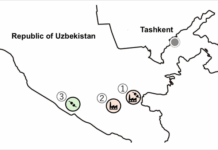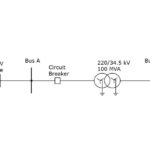
Highlighting the Government of India’s focused push for a resilient and self-reliant renewable energy sector, Union Minister for New & Renewable Energy, Pralhad Joshi, has recently outlined five key priorities driving India’s clean energy transition. These priorities are strengthened Power Purchase Agreements (PPAs), robust grid and storage systems, domestic manufacturing, land-use optimisation, and enhanced access to finance.
Addressing Mercom India Renewables Summit in New Delhi, the minister said that these strategic reforms are propelling India towards its 2030 target of 500 GW non-fossil capacity.
Joshi informed that India has already crossed 50% of its installed power capacity from non-fossil sources, five years ahead of its Nationally Determined Contribution (NDC) timeline. The current installed renewable energy capacity exceeds 245 GW, with 116 GW solar and 52 GW wind. The minister cited the latest International Renewable Energy Agency (IRENA) study, noting that India’s renewable energy expansion in 2024 helped the country save nearly `4 lakh crore by avoiding fossil fuel imports and pollution-related costs. This includes $14.9 billion in fossil fuel savings, 410.9 million tonnes of CO2 avoided, and $31.7 billion worth of health and air pollution benefits.
The government is facilitating this growth through initiatives like the PM Surya Ghar: Muft Bijli Yojana, which has received over 58.7 lakh applications and resulted in 17.2 lakh completed rooftop solar installations. To ensure financing and stability in the sector, a `5,400 crore Viability Gap Funding (VGF) scheme for 30 GWh of Battery Energy Storage Systems (BESS) has been launched, expected to draw `33,000 crore in investments.



















